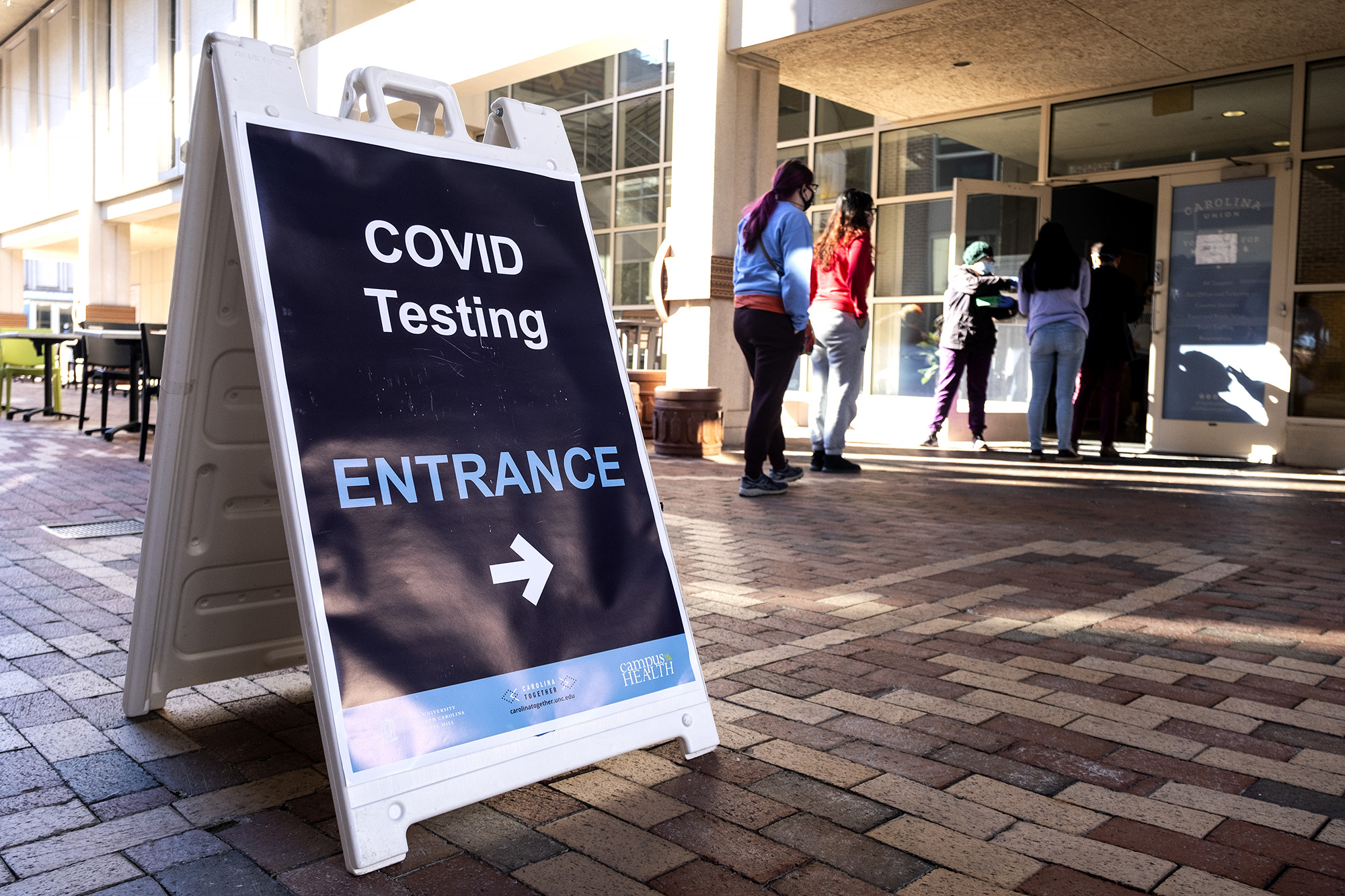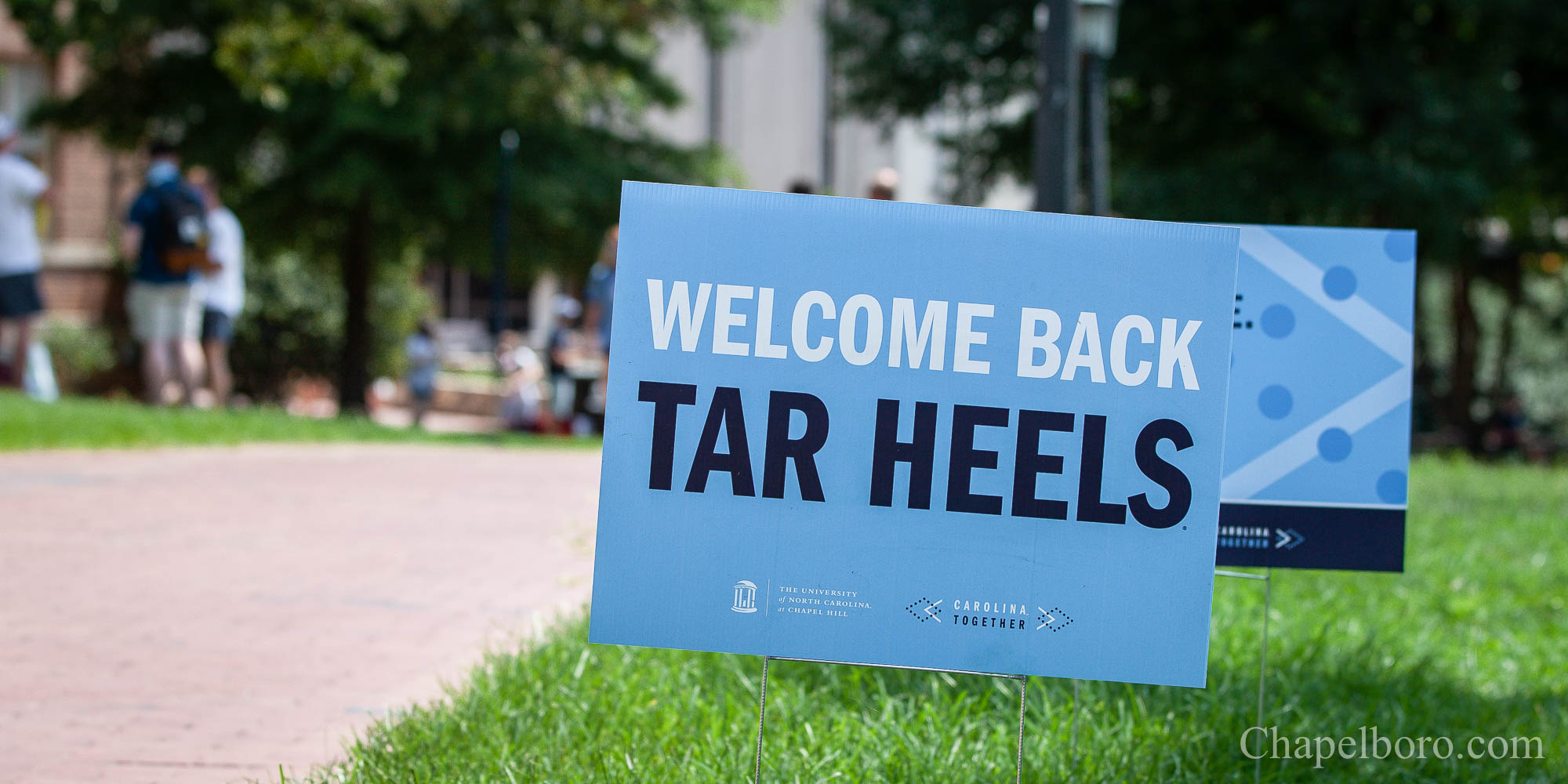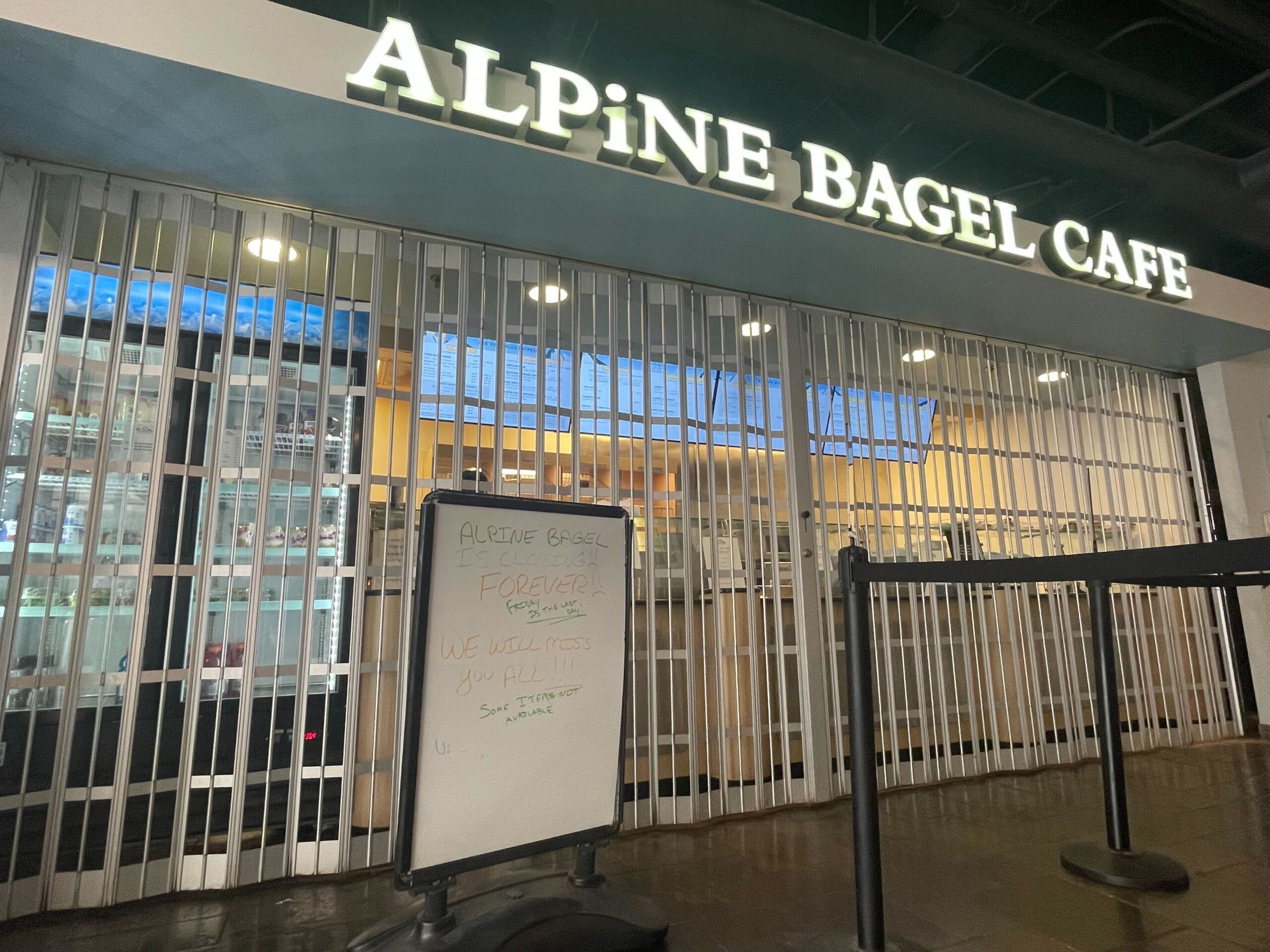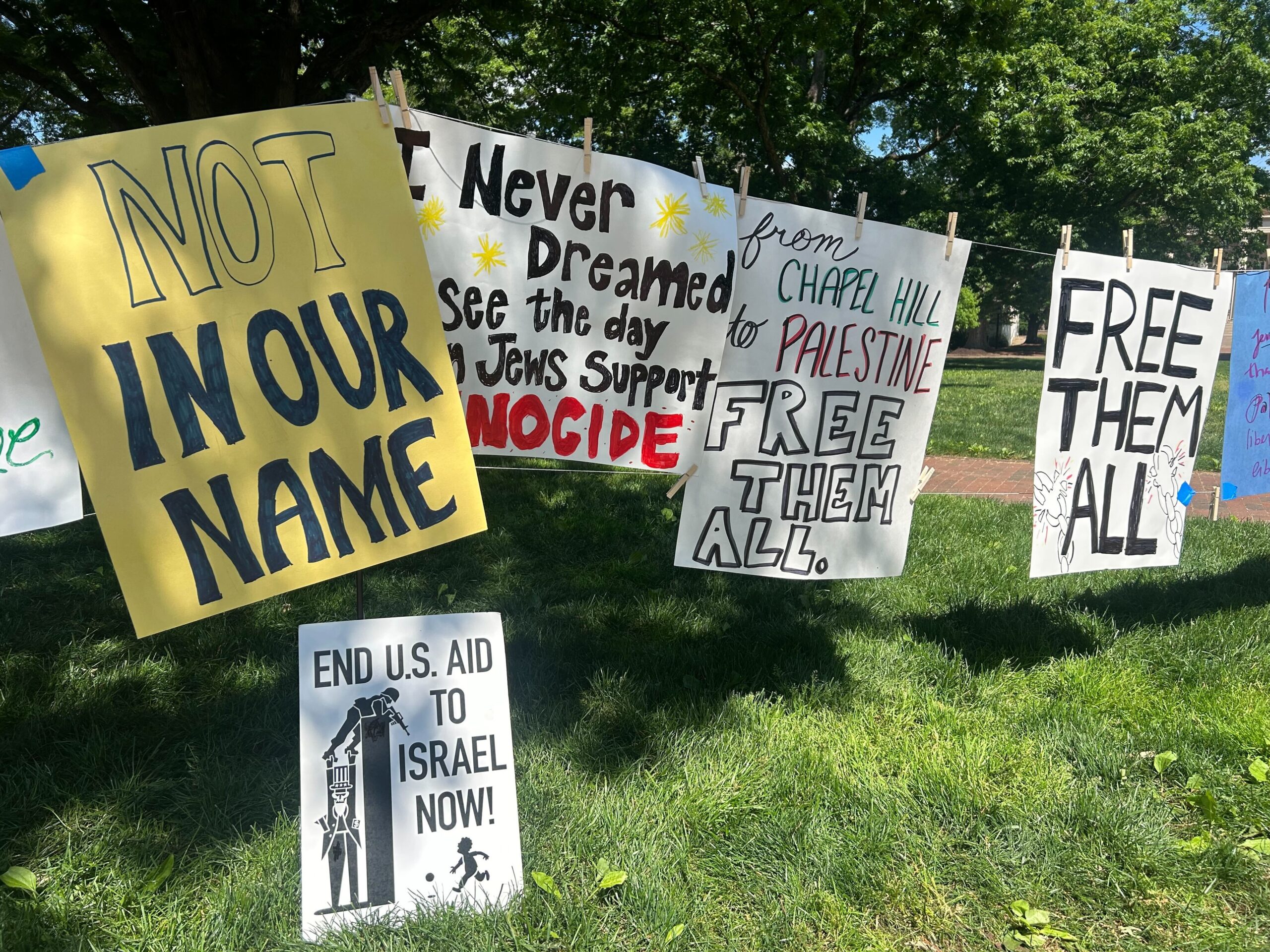Editor’s Note (April 25): After a reversal from Immigration and Customs Enforcement and President Donald Trump’s administration, five of the six UNC international students with revoked visas saw their status restored, according to Chancellor Lee Roberts at Friday’s faculty council meeting. The News & Observer first reported Roberts’ update.
Below is the original story on the students’ terminated legal status, which was published on April 8.
The United States government’s ongoing scrutiny of international university students under President Donald Trump’s administration recently led to the termination of six UNC students’ visas.
The university’s media relations office confirmed to Chapelboro on Tuesday, April 8, its International Student and Scholars Services office was aware of a half dozen students having their status within the national Student and Exchange Visitors Program revoked by the federal government. UNC Media Relations did not specify when the changes took place nor any identifying information for the students in order to maintain their confidentiality. The News & Observer first reported the visa revocations on Tuesday.
The change in the students’ status comes as the U.S. state department is undertaking an overarching sweep of granted visas, stemming from an executive order signed by Trump on Jan. 20, the day of his inauguration. The measure claims it is to protect citizens from immigrants “who intend to commit terrorist attacks, threaten our national security, espouse hateful ideology, or otherwise exploit the immigration laws for malevolent purposes.” The order also directs Secretary of State Marco Rubio to screen immigrants from regions or nations with “identified security risks” to the “maximum degree possible,” including people already admitted to the country.
Comments from members of the Trump administration, and the president himself, have suggested this includes university students — especially those who participated in protest demonstrations like the widespread pro-Palestine protests seen on college campuses last April. One Palestinian organizer of the protests at Columbia University, Mahmoud Khalil, was arrested in March despite having permanent U.S. residence via a green card. Khalil is currently being held in Louisiana under custody awaiting his case to be heard in court.
The university’s confirmation of the visas’ terminations came eight days after its International Student and Scholar Services department shared an alert to all international students warning of a “heightened risk for international travel” stemming from the executive order. UNC Media Relations’ statement Tuesday said the department communicates regularly about regulatory changes and immigration status for international students and scholars.
“ISSS is available to advise, answer questions and provide resources to all university-sponsored international students and scholars,” said the statement.
UNC Chancellor Lee Roberts shared thoughts about the news during a monthly segment through the university’s communications department on Friday, April 11. He said the university did not initiate and was not alerted to these changes in the students’ status, describing both UNC and himself as “deeply sympathetic” to the international students and scholars facing “unpredictability, upheaval and strain” from the federal government’s actions.
“There’s no higher value as an institution than to keep our students safe, and that’s all our students,” wrote Roberts. “Our international students make up 10% of our student body. They are crucial to the health, well-being and success of the Carolina community. We want them to feel supported, welcomed and encouraged. They’re important to Carolina and have been for a long time.
UNC Student Body President Adolfo Alvarez shared a statement Tuesday night, saying the terminations sparked “real anger” and “a heavy heart.” He implored the student community to show unity with their international peers in the face of “cruel and inhumane immigration policies,” and implored the UNC administration to support them within the university’s jurisdiction.
“Let me be clear: these are people’s lives,” wrote Alvarez. “They’re our friends, our peers. These are the human costs of a system that too often treats international students and immigrants like numbers instead of people. And this is yet another example of how the federal government continues to target and marginalize those who come here seeking education and a better future.”
Tuesday’s news comes after the two other Research Triangle university communities also reported international students’ visa statuses being revoked. The N.C. State University student newspaper, The Technician, reported April 1 the federal government ended two engineering students’ visas and the school’s Office of International Services was providing resources and advising them about the impacts of the changes. Duke University, meanwhile, saw its senior associate dean of international students and visa services director email all international students Monday to alert them of two graduate students’ and one alumnus’ visas also being terminated, according to The Chronicle. Both newspapers reported the students and schools were not given any reason for the students’ status changes.
To obtain a student visa, according to U.S. Citizenship and Immigration Services, a person must be enrolled in an academic program as a full-time student at their institution and the school must be approved by the Student and Exchange Visitors Program operated by Immigration & Customs Enforcement. Additionally, those students must maintain a residence abroad which they “have no intention of giving up” and must either be proficient in English or be enrolled in courses leading to proficiency in the language.
Featured photo via Johnny Andrews/UNC-Chapel Hill.
Chapelboro.com does not charge subscription fees, and you can directly support our efforts in local journalism here. Want more of what you see on Chapelboro? Let us bring free local news and community information to you by signing up for our newsletter.









